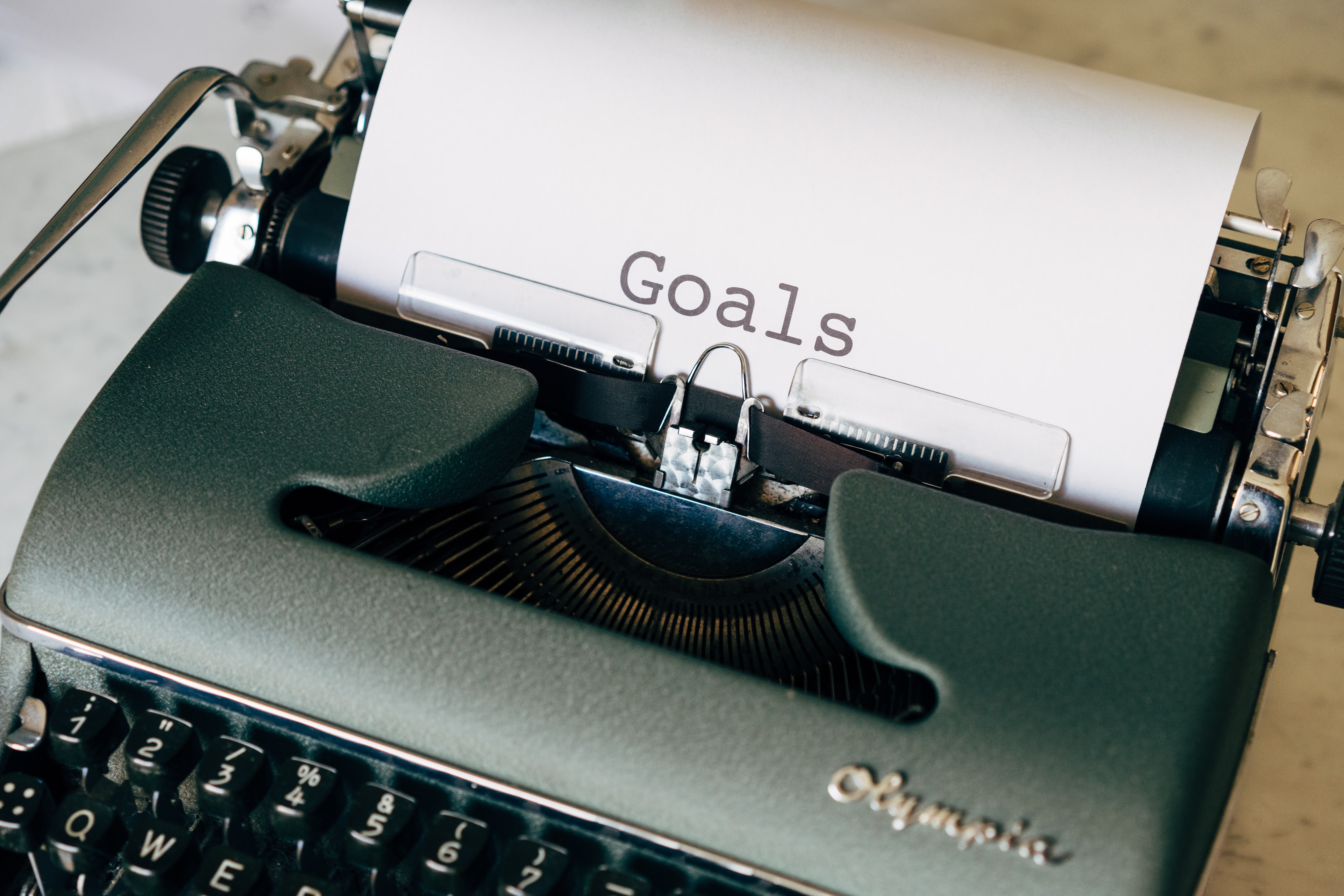


Being realistic and setting sustainable goals should be a top priority. It’s exciting to set huge goals, but if they can’t be achieved or maintained, they’re useless. You may be trying to change too much too soon or be unrealistic about your expectations. If you want to shed 100 pounds, don’t expect to lose 10 pounds a week for ten weeks. You may lose that much in one week, but you won’t do it every week. You won’t get the motivation to continue on those weeks when you don’t reach your goal.
Keep the basics in mind.
Do you want to lose weight? Create a deficit of 3500 calories to lose one pound. The more you weigh, the more calories you’ll burn. A very active 40-year-old male weighing 200 pounds burns 3250 calories a day. Even if that person ate nothing for a week, the maximum he would only lose is 6.5 pounds. There’s another problem. It’s not sustainable. You can’t go without eating forever. Your body also goes into starvation mode, which slows metabolism.
Setting exercise goals is good, but make them achievable.
If the most demanding thing you do is lift the remote and want to run a marathon, give yourself time. Don’t enter an Iron Man competition held the next month or any marathon. Give yourself adequate time to get physically prepared for the race. It takes 12 to 20 weeks for a beginner to prepare for a marathon. Give yourself enough time to train.
Set bigger goals but break them down into smaller ones.
Do you want to do 100 push-ups, but you’re out of shape? Make the 100 push-ups your ultimate goal and break it down into smaller, easier-to-achieve goals. Start by determining how many push-ups you can do. If the answer is none, aim for one for the first week. Add one more push-up to your goal weekly until your body gets stronger. You may achieve your goal quicker or have to reassess the weekly goal. That’s okay. The more you work out, the more you understand your body’s capabilities.
- Don’t overdo your workout. If you want to get stronger, don’t do intense strength training for the same muscles daily. It doesn’t give your muscles a chance to recover and could set you back.
- Instead of dieting and cutting calories to a minimum, eat healthier. Healthy eating is sustainable and doesn’t make you feel deprived. It doesn’t require a strict menu, so it’s also flexible.
- Make your goal a healthy one. If you’re 5’9″ and weigh 110 pounds, losing 20 pounds isn’t healthy, regardless of gender. Find your ideal weight based on height, gender, and bone structure.
- Always check with your healthcare professional before starting an exercise program or weight loss regimen. Once you have the okay, make your goals realistic. Realistic goals diminish the potential for failure and boost motivation.
For more information, contact us today at Travel Trim
